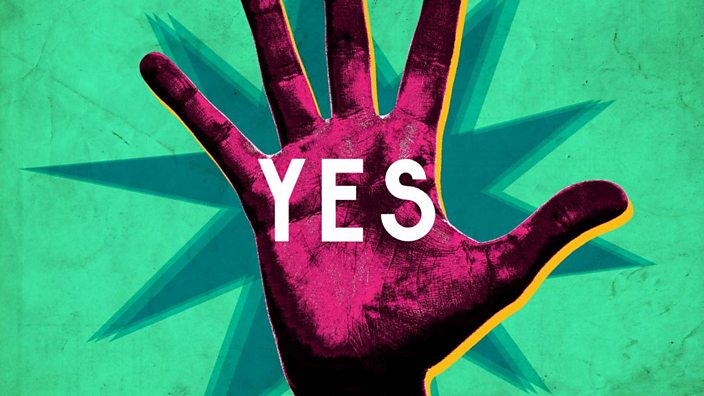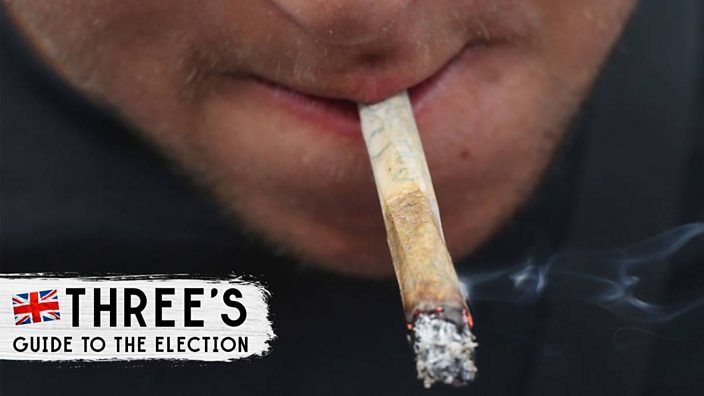Your mobile’s ringing. You hunt around in the bottom of your bag to find it. The call disrupts your favourite TV show. Is it that job offer? Is it your other half inviting you out to dinner?
Sadly, none of the above. Instead you’re greeted with…"Hello, you have recently been involved in a road traffic accident that wasn’t your fault and are entitled to compensation", or "Good afternoon, we understand you have a loan with payment protection insurance on it…?" or perhaps it’s, "Hi there, you are entitled to free loft insulation…"
Groan.
You haven’t been involved in a car accident, you’ve never taken out a loan and you don’t even have a loft. These phone calls are a complete waste of your time. In a word, they are nothing but a ‘nuisance’.
Neil from Brighton started up a furniture business. After ordering some business cards, he began receiving a constant barrage of unsolicited sales calls.
"When you start up a new business, you hope to get lots of calls, but I was spending half my day answering calls about PPI.
"It takes up a lot of time and really disrupts my working day. I can’t ignore the calls because it could be potential business. It’s really quite distressing."
 Getty Images
Getty Images
Exclusive research carried out by ComRes for BBC Watchdog tells us that most people don’t answer unknown numbers. It also shows us that women are more likely to take action over nuisance calls than men but that young adults are the least likely to take any action over nuisance calls. So, if you want to reduce those pesky calls interrupting your busy lives, and wasting your precious time, read on.
How can I stop them?
- The first thing you should do is register your number (mobile and landline) with the Telephone Preference Service (TPS). It’s free and you can do it at TPS Online. The TPS stops cold calls from legitimate businesses.
- You can also use the TPS ‘text to register’ service. Text ‘TPS’ followed by your email address to
- You can also ask your phone provider if they have a service to block some numbers
- If you get nuisance text messages, you should text back ‘STOP’. But ONLY do this if you can identify the number and who the company is sending it. Otherwise, all you are doing is letting the company know the number is active, which may result in an increase in texts and calls.
- Buy a call-blocking device. But, but make sure you do your research: scammers sell useless ones which don’t work. Buy from a reputable company.
- Registering with the TPS won’t stop you getting nuisance texts. If you receive nuisance text messages, forward them on to 7726. This spells SPAM on your phone and will report the sender to your provider. There’s no charge to do this.
Whilst 38% of Britons have registered with the TPS, the research reveals that only 24% of adults aged 18-34 years have done so. But if you register, you should see the volume of unwanted calls drop by about a third.
 Getty Images
Getty Images
Lisa Cunningham, 38 years old from Boston, Lincolnshire is registered with the Telephone Preference Service but still gets two to three nuisance calls a day. She tells Watchdog, "I’ve got caller display, so any international numbers I just ignore but I work in a hospital and if I’m on call I can’t ignore the withheld numbers. It’s a right pain."
If you are registered with the TPS but still receiving nuisance calls, you can report them.
Who do I report them to?
By reporting nuisance calls and text messages it can help the TPS and Information Commissioner’s Office stamp out rogue callers. The ICO owns the TPS and is the UK’s data protection watchdog.
If you get silent calls – report them to OFCOM
Any other calls should be reported to the Information Commissioner’s Office.
What is the law?
It’s illegal for companies to cold call numbers that are registered with the TPS, unless they have a person’s consent to do so. The ICO can issue hefty fines to companies that break the law. However, most declare themselves bankrupt, don’t pay the fine and start up under a new name. But new laws, coming into effect in spring 2017, will hold company directors personally accountable if their company is responsible for nuisance calls. They could be fined up to £500,000.
Other facts
More than a quarter of people say they have blocked a specific number from calling again.
Only one in ten people in the UK has installed a call blocker on their phone to deal with nuisance calls.
According to the TPS, only 2.9 million mobile numbers (around 3%) are registered on the TPS database, compared with 18.5 million landline numbers (around 85%).
Don’t just put up with nuisance calls. Do something about them.
Watchdog is on BBC One on Wednesdays at 8pm. If you have a story you think we should investigate please email us at Watchdog@bbc.co.uk with BBC Three in the subject heading.
















